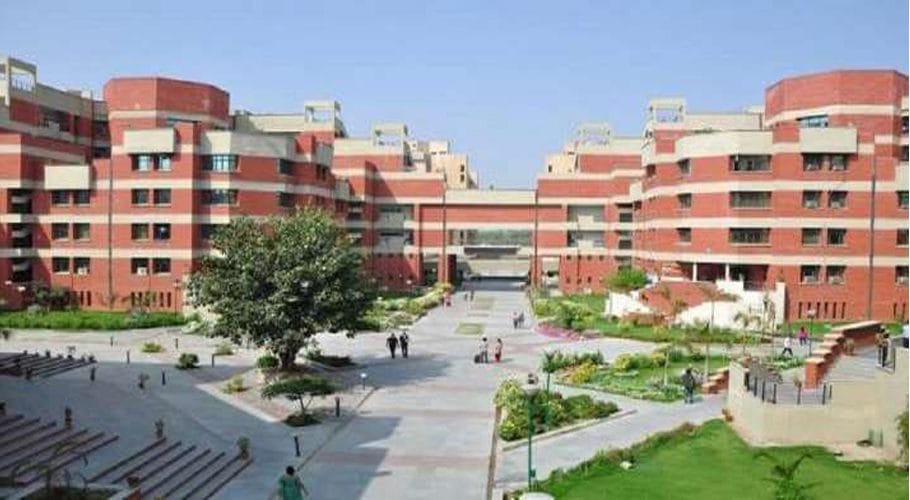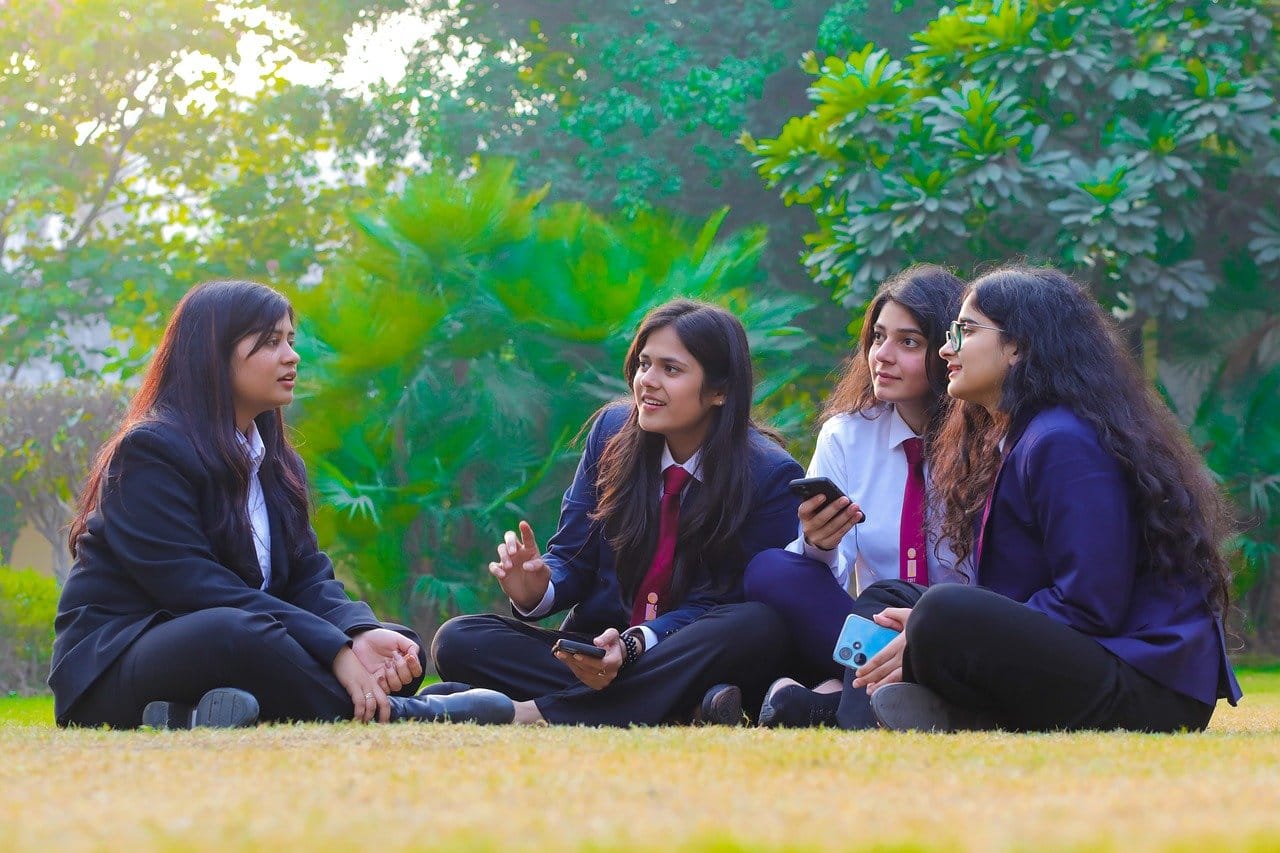More than 80 people have died in clashes with security forces in Ethiopia after the murder of the famous singer Hachalu Hundessa. The musician was shot dead by unidentified assailants in the Galan Condominium area of the capital Addis Ababa. The reason for the murder is unclear. Local police arrested some people in connection with the case.
A Human Rights Watch report said the government cut off internet services across the country on Tuesday morning, making it difficult to access information about those killed and injured during the protests.
- Significantly, just before his death on June 22, Hundessa granted an interview to the Oromia Media Network (OMN), which had caused outrage on social media.
- During the interview, he criticized the government and spoke out against the marginalization of his community, the Oromos.
- After his death, the police searched OMN and several journalists were arrested. Jawar Mohammed, owner of the network, was also arrested. Hundessa was buried Thursday in her hometown of Ambo.
Hachalu Hundessa, 34, was a musician and activist. Born in the Oromo community, he sang his fight for freedom. The Oromo community is the largest ethnic group in Ethiopia and represents more than 50% of the country’s population.In a 2017 BBC interview, Hundessa said he started writing songs when he was jailed for political activities between 2003 and 2008.
“I didn’t know how to write lyrics and melodies until I was behind bars. This is where I learned,”
he said.
- Hundessa gave voice to the anti-government protests that erupted in 2014 and culminated in the resignation of Prime Minister Hailemariam Desalegn in 2018.
- The protests began after the government announced a plan to expand the limits of the capital in the Oromia region.
- The community feared that the Expansion would displace farmers living on the outskirts.
- While the plan, called the “Addis Ababa Master Plan,” was eventually abandoned, the protests continued, signaling the growing frustration of the ethnic group that felt marginalized by the government.
- Anti-government protests have also erupted in the Amhara region, where there is another ethnic community called the Amharas.
- Tensions in Oromia and Amhara intensified after October 2, 2016 when, during the Thanksgiving break in Oromo, more than 55 people died in a stampede.
- Following the outbreak of new protests after the incident, the government declared a state of emergency and established a special unit to “rehabilitate” those who had been arrested for participating in acts of violence or riots in the past year.
- According to Amnesty International, following the events of October 2016, government security forces arrested tens of thousands of people in Amhara and Oromia, among other regions.
- Those arrested included, among others, political activists, protesters, journalists and members of the Human Rights Council.
- In 2018, Abiy Ahmed succeeded Desalegn to become the first prime minister of the Oromo community.
- Ahmed won the Nobel Peace Prize in 2019 for his efforts to resolve the border dispute with neighboring Eritrea.
- A recent report published by Amnesty states that despite reforms that have resulted in the release of thousands of detainees after Ahmed’s Prime Minister, Ethiopian security forces committed “serious” violations between December 2018 and December 2019.
- The Report says that since March 2019, security officers have forcibly evicted more than 60 families from the Oromia Est and Ouest Guji areas.
- He added that to mobilize support before the now postponed elections, politicians tried to provoke ethnic and religious animosities, “causing inter-community violence and armed attacks in five of the country’s nine regional states.”










More Stories
Orissa High Court Criticizes OPSC for Flawed Evaluation in Judicial Exam
MAH CET Registration 2025: Extended Deadline and Key Details
CUET PG 2025 Registration Extended: Apply Before February 8